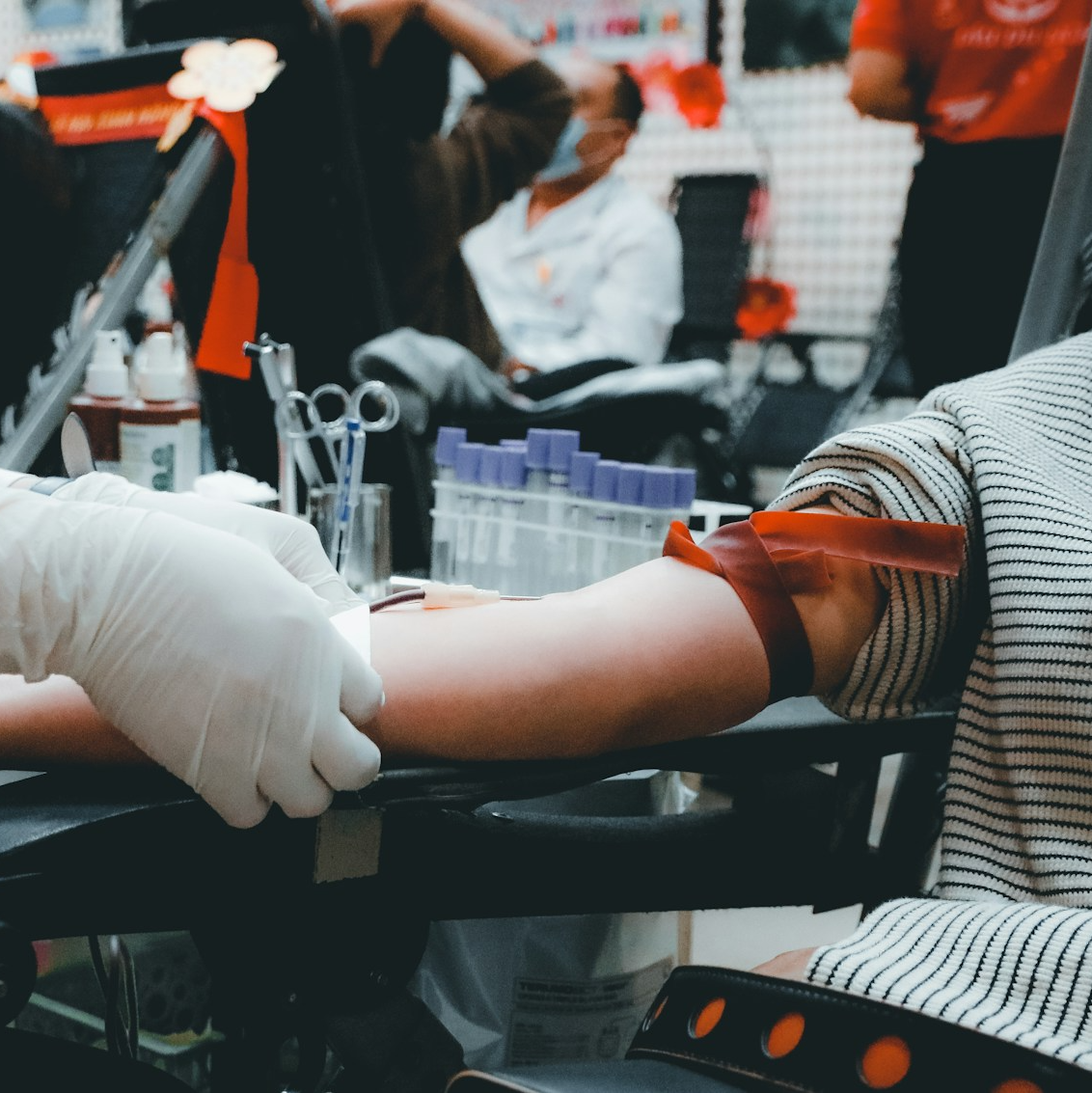Key Takeaways
- Medicare offers a range of cardiovascular services designed to improve heart health and manage heart conditions effectively.
- Understanding Medicare’s coverage for preventive services, treatments, and medications can help beneficiaries maximize their heart health benefits.
Improving Heart Health: A Guide to Medicare’s Cardiovascular Services
Heart health is crucial for overall well-being, especially for older adults and individuals with chronic health conditions. Medicare, the federal health insurance program for individuals aged 65 and older and certain younger people with disabilities, provides comprehensive coverage for various cardiovascular services. This guide explores Medicare’s cardiovascular services, highlighting preventive care, cholesterol testing, blood pressure management, heart disease treatment, cardiac rehabilitation, medication coverage, and strategies for maximizing heart health benefits.
Overview of Medicare’s Cardiovascular Services
Medicare offers extensive coverage for cardiovascular services under Medicare Part B (medical insurance) and Part D (prescription drug coverage). These services encompass preventive screenings, diagnostic tests, treatments, and rehabilitation programs essential for maintaining and improving heart health.
Medicare Part B
Medicare Part B covers outpatient medical services, including doctor visits, preventive screenings, diagnostic tests, and cardiac rehabilitation. Beneficiaries pay 20% of the Medicare-approved amount for these services after meeting the annual Part B deductible.
Medicare Part D
Medicare Part D covers prescription medications, including those used to manage heart conditions. Beneficiaries can choose a standalone Part D plan or a Medicare Advantage plan with prescription drug coverage.
Preventive Heart Health Services Covered by Medicare
Preventive care is vital for detecting heart disease early and managing risk factors effectively. Medicare Part B covers a range of preventive heart health services at no cost to beneficiaries when provided by a healthcare provider who accepts Medicare assignment.
Cardiovascular Disease Screenings
Medicare covers cardiovascular disease screenings every five years. These screenings include blood tests for cholesterol, lipid, and triglyceride levels, helping identify individuals at risk for heart disease.
Blood Pressure Screenings
Regular blood pressure screenings are crucial for detecting hypertension, a major risk factor for heart disease. Medicare covers blood pressure screenings during routine wellness visits.
Annual Wellness Visit
The Annual Wellness Visit includes a comprehensive heart health assessment, personalized prevention plan, and counseling on lifestyle changes to reduce heart disease risk. Medicare covers this visit at no cost to beneficiaries.
Medicare Coverage for Cholesterol Testing and Management
High cholesterol is a significant risk factor for heart disease. Medicare Part B covers cholesterol testing and management services to help beneficiaries maintain healthy cholesterol levels.
Cholesterol Testing
Medicare covers cholesterol tests, including lipid panels, as part of cardiovascular disease screenings. These tests measure total cholesterol, LDL (bad) cholesterol, HDL (good) cholesterol, and triglycerides.
Follow-Up Testing
If initial cholesterol tests indicate high levels, Medicare covers follow-up testing and management. This includes additional lipid panels and consultations with healthcare providers.
Cholesterol Management
Medicare covers counseling and treatment for managing high cholesterol. This includes lifestyle counseling on diet and exercise, as well as prescription medications covered under Part D.
Managing High Blood Pressure with Medicare Benefits
Hypertension, or high blood pressure, is a leading cause of heart disease. Medicare provides comprehensive coverage for managing hypertension through screenings, monitoring, and treatment.
Blood Pressure Screenings
Medicare covers blood pressure screenings during routine office visits and preventive care appointments. Regular monitoring helps detect and manage hypertension early.
Home Blood Pressure Monitoring
For beneficiaries diagnosed with hypertension, Medicare may cover the cost of home blood pressure monitoring devices. These devices help individuals track their blood pressure regularly and share readings with their healthcare providers.
Hypertension Management
Medicare covers various services for managing hypertension, including lifestyle counseling, medication management, and regular follow-up visits with healthcare providers.
Navigating Medicare Coverage for Heart Disease Treatment
Heart disease requires timely and effective treatment to manage symptoms and prevent complications. Medicare covers a range of services for diagnosing and treating heart disease.
Diagnostic Tests
Medicare covers various diagnostic tests for heart disease, including electrocardiograms (EKGs), echocardiograms, stress tests, and cardiac catheterizations. These tests help diagnose heart conditions and guide treatment decisions.
Medical Treatments
Medicare covers medical treatments for heart disease, such as medications, lifestyle counseling, and follow-up visits with cardiologists. Part B covers outpatient treatments, while Part D covers prescription medications.
Surgical Procedures
Medicare covers surgical procedures for heart disease, including angioplasty, stent placement, and coronary artery bypass grafting (CABG). These procedures are typically covered under Medicare Part A (hospital insurance) for inpatient hospital stays and Part B for outpatient surgeries.
Medicare’s Role in Cardiac Rehabilitation
Cardiac rehabilitation is a critical component of recovery for individuals who have experienced a heart attack, heart surgery, or other heart conditions. Medicare covers cardiac rehabilitation programs designed to improve heart health and prevent future cardiac events.
Phase I: Inpatient Rehabilitation
Medicare Part A covers inpatient cardiac rehabilitation during hospital stays following a heart attack or surgery. This phase focuses on stabilizing the patient and beginning early rehabilitation exercises.
Phase II: Outpatient Rehabilitation
Medicare Part B covers outpatient cardiac rehabilitation programs. These programs include monitored exercise sessions, education on heart-healthy living, and counseling to reduce risk factors. Beneficiaries typically attend these sessions several times a week for a specified period.
Phase III: Maintenance Programs
After completing Phase II, beneficiaries may continue with Phase III maintenance programs, which Medicare may cover under certain conditions. These programs help maintain the gains achieved during rehabilitation and support long-term heart health.
Understanding Medicare Coverage for Heart Medications
Medications play a crucial role in managing heart conditions. Medicare Part D covers a wide range of heart medications, including those for hypertension, high cholesterol, and heart failure.
Common Heart Medications Covered by Medicare
- Statins: Used to lower cholesterol levels and reduce the risk of heart disease.
- Beta-Blockers: Help manage hypertension and reduce the risk of heart attacks.
- ACE Inhibitors: Used to treat high blood pressure and heart failure.
- Diuretics: Help reduce fluid buildup in the body, commonly used in heart failure management.
- Anticoagulants: Prevent blood clots and reduce the risk of stroke in individuals with atrial fibrillation.
Medication Management
Medicare covers consultations with healthcare providers for medication management. These consultations ensure that beneficiaries are taking their medications correctly and address any side effects or interactions.
Maximizing Your Heart Health Benefits Under Medicare
To maximize heart health benefits under Medicare, beneficiaries should be proactive in using the available services and resources.
Schedule Regular Screenings and Check-Ups
Take advantage of Medicare-covered preventive screenings and annual wellness visits to monitor heart health and detect any issues early.
Follow Your Treatment Plan
Adhere to prescribed treatment plans, including medications, lifestyle changes, and follow-up appointments. Consistent management of heart conditions can prevent complications and improve outcomes.
Utilize Cardiac Rehabilitation Programs
Participate in Medicare-covered cardiac rehabilitation programs after a heart event or surgery. These programs provide comprehensive support for recovery and long-term heart health.
Stay Informed About Coverage
Keep up-to-date with Medicare coverage policies and changes. Understanding your benefits can help you make informed decisions about your healthcare.
Conclusion
Medicare offers a comprehensive array of cardiovascular services designed to improve heart health and manage heart conditions effectively. By understanding the coverage for preventive services, diagnostic tests, treatments, and medications, beneficiaries can maximize their heart health benefits and ensure they receive the necessary care to maintain and improve their cardiovascular health. Regular screenings, adherence to treatment plans, participation in rehabilitation programs, and staying informed about coverage can significantly enhance heart health and overall well-being.
Contact Information:
Email: [email protected]
Phone: 3145551234









